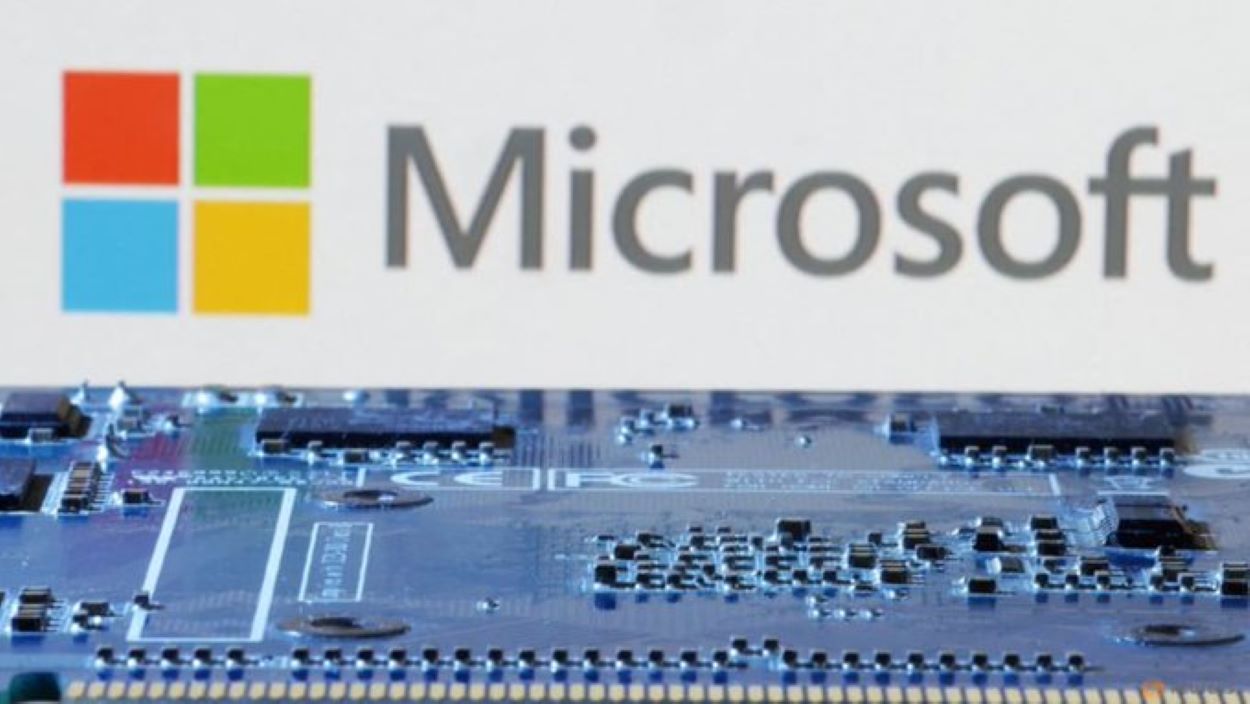Starting next month, Microsoft will enable its customers to develop autonomous artificial intelligence agents, intensifying its efforts to leverage the burgeoning technology amid increased scrutiny from investors over its substantial AI investments.
Unlike traditional chatbots, the company describes these autonomous agents — programs with minimal human input as “apps for an AI-driven world.” They are designed to address customer inquiries, pinpoint sales opportunities, and manage inventories.
Other leading tech firms like Salesforce have also recognized the potential of such tools. Analysts suggest these agents could offer businesses a more straightforward way to capitalize on their multi-billion-dollar AI investments.
Microsoft announced that starting in November, its customers could use Copilot Studio — a user-friendly application with minimal coding requirements — to create these agents in a public preview. The technology utilizes various AI models developed both internally and by OpenAI.
During a demonstration, McKinsey & Co., which had early access to the tools, developed an agent capable of handling client inquiries. It checks interaction histories, identifies the appropriate consultant, and schedules follow-up meetings.
Charles Lamanna, corporate vice president of business and industry Copilot at Microsoft, explained to Reuters, “Copilot (the company’s chatbot) acts as the user interface for AI. Every employee will have a Copilot, their personalized AI agent, and they will use this Copilot to interact with a myriad of AI agents.”
As tech giants face increasing pressure to demonstrate the value of their hefty AI investments, Microsoft’s shares dropped 2.8% in the September quarter, underperforming the S&P 500. However, they are still up over 10% for the year.
Recent concerns have surfaced regarding the slow adoption of Copilot. A Gartner study in August revealed that a majority of the 152 IT organizations surveyed had not moved beyond the pilot phase in their Copilot initiatives.






